Literature has always been a realm where the boundaries of reality are pushed and the imagination is allowed to flourish. One recurring theme that has captured the human imagination for centuries is the existence of ghosts and spirits. These ethereal entities have long been a staple in the world of storytelling, and they have played a significant role in shaping the horror genre. In this article, we will delve into the symbolism and significance of ghosts in classic and contemporary literature and how they contribute to the spine-chilling allure of haunting tales.
The Ghostly Tradition in Classic Literature
Ghosts have been haunting the pages of classic literature for centuries, often serving as powerful symbols and catalysts for plot development. One of the most iconic examples of a ghostly apparition is found in William Shakespeare's timeless play, "Hamlet." The ghost of Hamlet's father, King Hamlet, appears to his son, seeking vengeance for his murder. This ghost symbolizes the unresolved past, the consequences of regicide, and the corrupt state of Denmark. The ghost serves as a representation of the guilt and betrayal that haunt the characters throughout the play.
Another classic literary work featuring a prominent ghost is Henry James's "The Turn of the Screw." In this novella, a governess becomes convinced that the estate she works on is haunted by the spirits of two deceased servants, Peter Quint and Miss Jessel. The ambiguity of the ghosts' existence and their motives adds to the story's psychological complexity, leaving readers to question the governess's sanity and the true nature of the apparitions. James uses the ghosts as a tool to explore the limits of perception and the thin line between reality and imagination.
Contemporary Literature and the Evolution of Ghosts
In modern literature, the role of ghosts has evolved while still retaining their ability to send shivers down readers' spines. Contemporary authors often use ghosts as a vehicle to explore complex themes and emotions, including grief, guilt, and the supernatural.
A prime example of this can be found in the novel "Beloved" by Toni Morrison. Set in the aftermath of the American Civil War, the story revolves around the ghost of a child who returns to haunt her mother, Sethe. The ghost represents the horrors of slavery and the profound impact it had on African Americans. Morrison's portrayal of the ghost is a haunting reminder of the legacy of slavery and its lingering effects on the characters' lives.
The Symbolism and Significance of Ghosts
Ghosts in literature serve a multitude of purposes. They can symbolize unresolved conflicts, repressed emotions, or the persistence of the past into the present. They also offer authors a creative way to explore the supernatural, toying with the boundaries of what can be explained or understood. By their very nature, ghosts represent the unknown, the mysterious, and the unexplained, which are essential elements of the horror genre.
Furthermore, ghosts often serve as a reflection of the characters' internal struggles. The presence of a ghost can act as a mirror to the character's psyche, revealing their fears, regrets, and secrets. The confrontation with a ghost forces characters to confront their past and, in some cases, seek redemption or closure.
Ghosts have haunted the pages of literature for centuries, and their role has continued to evolve with the times. Whether in classic works like "Hamlet" and "The Turn of the Screw" or in contemporary masterpieces like "Beloved," these spectral entities are a potent symbol of the unresolved past, repressed emotions, and the supernatural. Ghosts contribute significantly to the horror genre by adding a layer of mystery and suspense that keeps readers engaged and intrigued.
So, the next time you delve into a haunted tale, pay attention to the ghosts that lurk within the narrative. They are more than just restless spirits; they are the embodiment of the complex human experience, the unresolved mysteries, and the enduring power of literature to send chills down our spines.
